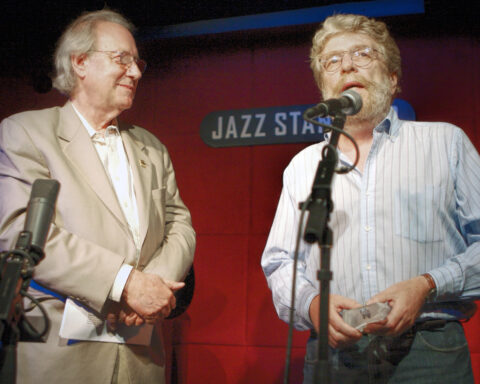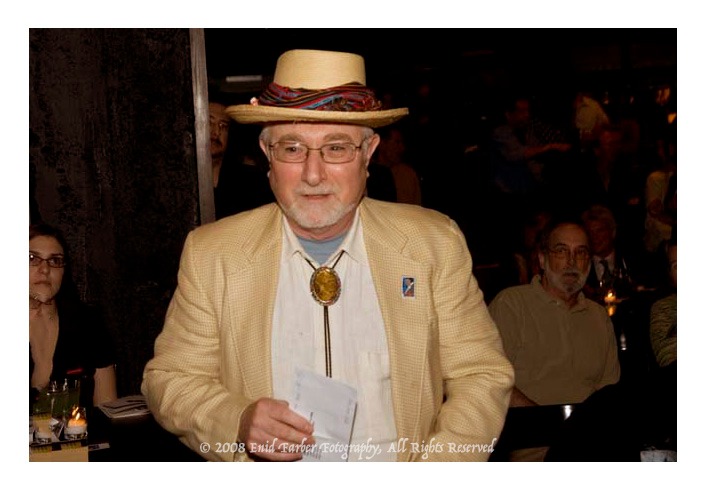JJA member Christian Broecking, a critical author, scholar and educator, founding director of Berlin Jazz Radio, contributor to Berliner Zeitung among other publications and professor of musicology

and professor of musicology and American studies at Ruprecht-Karls-Universität Heidelberg, Johann Wolfgang Goethe-Universität Frankfurt, Berlin Institute of Technology and Carl von Ossietzky University of Oldenburg, died in the first week of February at age 63 of an unreported cause.
Broecking, who cultivated relationships with many musicians he interviewed and wrote about, including George E. Lewis and Wynton Marsalis, was a delegate at the JJA-Columbia University colloquium “Jazz in the Global Imagination,” held in September 2007. He organized the international conferences “Lost in Diversity: A transatlantic dialogue on the societal relevance of jazz” in Heidelberg in 2012, and “Vision, Perception, Friction: How Jazz Became Art and Attack(ed) – A Transatlantic Dialogue” in 2013.
He received his Ph.D. (Dr. phil.) from Technische Universität Berlin, with a 2011 dissertation entitled “The Marsalis-Nexus: Studies in the Societal Relevance of Afro-American Jazz, 1992-2007.” Broecking’s well-regarded books include The Marsalis-factor (Der Marsalis Faktor, 1995), Respect! (Respekt!, 2004), Black Codes (2005) and We are here to save lives (Jeder Ton eine Rettungsstation, 2007). His most recent book is a biography of Swiss pianist Irene Schweizer.
In his youth, Broecking studied sociology as well as musicology at the Free University of Berlin. According to an unsigned obituary posted at EN24.news, he was politically active as an anti-racist throughout his career. He is quoted as explaining in 2011 that he “explored the question of how the experience and confrontation with racism, segregation and lack of property has influenced and shaped the work of improvisers and interpreters.
“The attitude of these artists,” Broecking said, “often implies not only a concept of freedom that goes far beyond everyday politics, but also articulates a fundamentally intended contradiction to the status quo. This not only applies to musical ownership and aesthetic power of definition, but also to an increased, historically determined mistrust of established structures and commercial dependencies per se.”
Christian Broecking’s survivors include his wife Maxi Sickert, a journalist who covers jazz, improvised music and contemporary art, and who also participated in the “Jazz in the Global Imagination” conference, and their three children.





